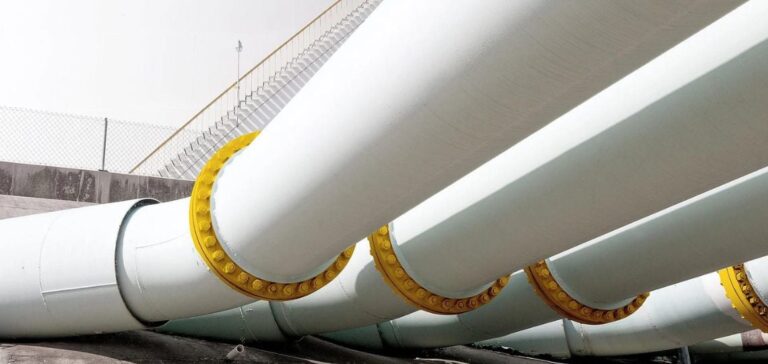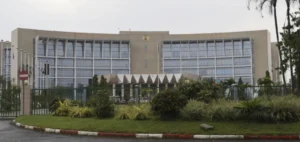Shell is undertaking maintenance work on critical sections of the Zydeco pipeline, affecting the flow of light crude oil to Louisiana.
The 350-mile pipeline transports some 375,000 barrels a day from Houston, Texas, to St. James, Louisiana.
James, Louisiana.
The temporary shutdown, scheduled to last three days, will result in a reduced supply of Light Louisiana Sweet (LLS), which could affect the regional crude market.
The Zydeco pipeline plays a crucial role in the U.S. energy infrastructure, in particular for the transport of light crude, an essential component for the region’s refineries.
The announced maintenance specifically concerns the segments linking Houston to Port Neches in Texas and Port Neches to Houma in Louisiana.
The work is designed to maintain the integrity and reliability of the infrastructure, in response to natural wear and tear and the pipeline’s high operational demands.
Impact on the oil market
The interruption in the flow of light crude could lead to adjustments in LLS’s premium to West Texas Intermediate (WTI), currently at $1.38 per barrel.
Louisiana refineries, which depend on this pipeline for their supplies, will have to adapt their operations accordingly.
Managing supply flows will be crucial to minimizing disruption to the crude oil market.
The temporary shutdown of the Zydeco pipeline could also have implications for crude oil exports via the Louisiana Offshore Oil Port (LOOP), one of the main US crude oil export points.
LOOP, which is directly linked to Zydeco flows, could see a reduction in its export volumes, affecting international shipments of US oil, particularly to European and Asian markets.
Background and long-term commitments
At the same time, Shell finalized an open season for Zydeco, guaranteeing full utilization of the pipeline with contracts of up to 60 months.
This transaction confirms Zydeco’s strategic importance for light crude flows in the Gulf of Mexico.
Planned maintenance underscores the need to maintain the operational efficiency of key infrastructure as demand for light crude oil remains strong.
Zydeco Pipeline Company LLC, a joint venture between Shell Midstream Partners and Shell Pipeline Company, has secured long-term commitments, guaranteeing continued maximum utilization of the pipeline.
These commitments demonstrate the confidence of market players in Zydeco’s ability to meet growing needs for light crude supplies, even during periods of planned maintenance.
In short, this closure, albeit temporary, highlights the importance of proactive management of critical infrastructure in the oil industry, while reminding us of Zydeco’s central role in the energy supply of the Gulf of Mexico.






















